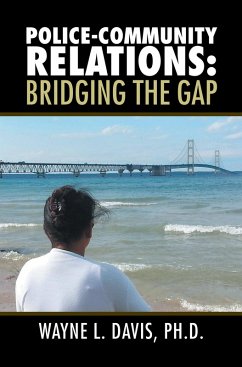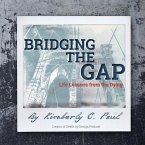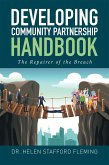This book provides an overview of police-community relations. First, this book examines elderly people and some of their concerns. To best serve the public, the police must understand the concerns of the public. Second, this book discusses various criminal theories and their limitations. Theories are effective for understanding problems and for solving the problems. However, every theory has a limitation. Third, this book discusses ethical systems and police department orientations, which are used to judge good police officer behavior. Fourth, this book discusses communication, deviance, and dealing with disadvantaged individuals. Fifth, this book discusses hot spots, crime prevention through environmental design, community policing, and community intervention. Finally, this book discusses how to estimate the implementation of a police-community relations program and provides several examples of how to evaluate a program via academic research.
Dieser Download kann aus rechtlichen Gründen nur mit Rechnungsadresse in A, D ausgeliefert werden.









